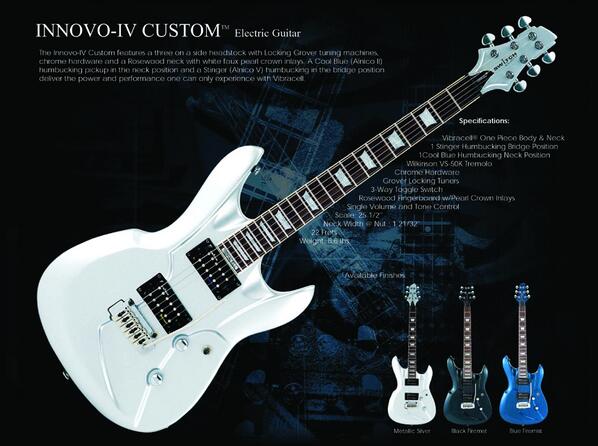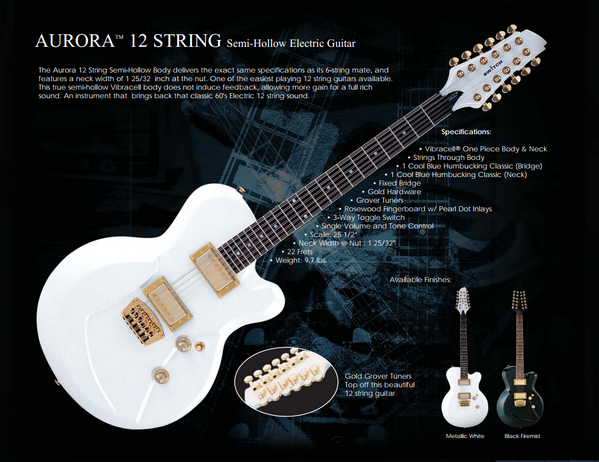I did a Wikipedia rabbit hole again . . .
Posted: Sun Jun 13, 2021 10:51 pm
. . . and now I'm looking up recipes for DIY aerogel because I'm super curious what kind of crazy shit you could get away with using hydrophobically-treated aerogel as the inside for a resin/fiber sealed build ala Parker or Aristides, probably with some kind of skeleton on the inside (probably aluminum) so you can actually screw parts in and put strings on it without the entire thing just disintegrating.
Super light, I'd guess similar properties to a sealed proper hollowbody (depending on aerogel density -- I'd personally lean to something a bit tougher than a straight basic silica aerogel, maybe a bit less dense than balsa with some kind of skeleton, probably a bit more than balsa without), but with the major advantage that, for all intents and purposes, you're working with a solid body and aren't limited by the kinds of practical considerations that a luthier working with either a thinline or bent-sides hollowbody has to take into account, like stiffness and flex.
I already know I'm in waaaaaay over my head so I'm gonna skip the question with the obvious answer and ask, considering that I'm already barking up the wrong (or at least a needlessly-complicated-but-oh-so-scifi-chic) tree, do y'all think this would be that one crazy axe at NAMM that nobody ever talks about again, or -- obviously, cost and complexity aside because it's more for shits and giggles than for actual production -- would it actually be kinda cool and allow for some cool stuff that isn't practically or feasibly achievable with a more traditional bill of materials than this crap:
Super light, I'd guess similar properties to a sealed proper hollowbody (depending on aerogel density -- I'd personally lean to something a bit tougher than a straight basic silica aerogel, maybe a bit less dense than balsa with some kind of skeleton, probably a bit more than balsa without), but with the major advantage that, for all intents and purposes, you're working with a solid body and aren't limited by the kinds of practical considerations that a luthier working with either a thinline or bent-sides hollowbody has to take into account, like stiffness and flex.
I already know I'm in waaaaaay over my head so I'm gonna skip the question with the obvious answer and ask, considering that I'm already barking up the wrong (or at least a needlessly-complicated-but-oh-so-scifi-chic) tree, do y'all think this would be that one crazy axe at NAMM that nobody ever talks about again, or -- obviously, cost and complexity aside because it's more for shits and giggles than for actual production -- would it actually be kinda cool and allow for some cool stuff that isn't practically or feasibly achievable with a more traditional bill of materials than this crap:
I know there's a few crazy inventive folks on here, what would you make if your for-all-intents-and-purposes solid-body weighed like, 16 grams for 4sqft of body blank?Aerogel.org (believe it or not, it's a real place) wrote: Zinc metal powder with a grain size of 1–5 μm
Poly(vinyl butyral)
High-temperature air furnace with minimum upper temperature of 1200°C
High-temperature ceramic rings to serve as molds
Multizone (two zones or greater) split-hinge (“clamshell”) tube furnace
Quartz processing tube (this recipe used a tube with length = 1300 mm diameter = 110 mm, dependent on tube furnace size)
A liquid feedstock injector for CVD furnaces (e.g., syringe pump attached to a injector nozzle)

